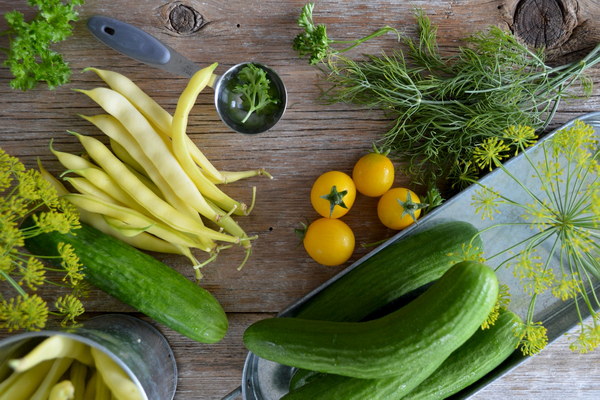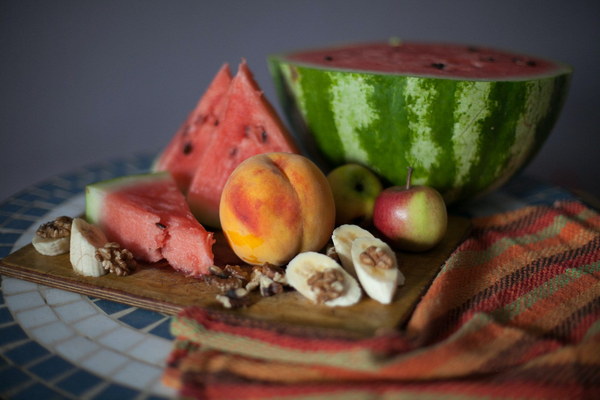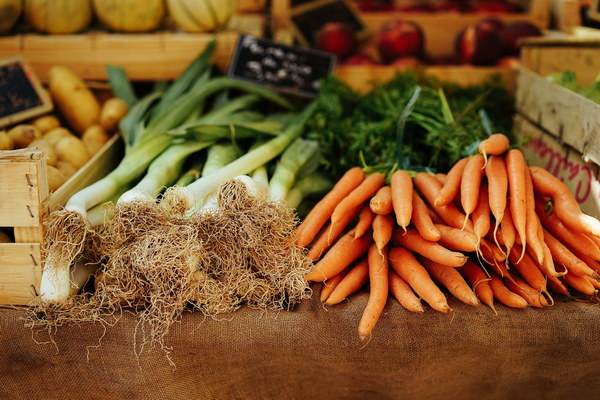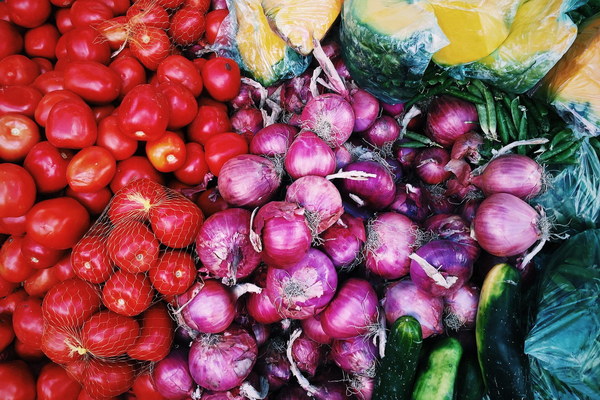Cooking Regularly A Culinary Journey to Lung Stomach and Spleen Health
Cooking is more than just a daily chore; it's an art form that not only satisfies our taste buds but also has the potential to promote our overall health. For those who spend a significant amount of time in the kitchen, understanding how cooking can benefit the lungs, stomach, and spleen is crucial. Here's a guide to harnessing the culinary power of cooking for better lung, stomach, and spleen health.
1. Choose the Right Ingredients
The foundation of a healthy diet is the ingredients you choose. Foods that are rich in nutrients, antioxidants, and probiotics can support lung, stomach, and spleen health. Here are some ingredients to incorporate into your cooking routine:
- Leafy Greens: Spinach, kale, and other leafy greens are packed with vitamins, minerals, and antioxidants that can help purify the lungs and support digestive health.
- Fruits: Berries, apples, and oranges are high in vitamin C, which can boost lung function and aid in digestion.
- Garlic: Garlic is a powerful immune-boosting food that can also help reduce inflammation in the lungs and stomach.

- Turmeric: This spice is known for its anti-inflammatory properties, which can help alleviate symptoms of lung conditions and improve digestive function.
- Yogurt: Probiotic-rich yogurt can promote a healthy gut microbiome, which is essential for overall health.
2. Cooking Methods
The way you cook your food can also impact your lung, stomach, and spleen health. Here are some cooking methods to consider:
- Steaming: Steaming vegetables helps preserve their nutrients while cooking them, which can be beneficial for lung health. It's also a gentle cooking method that can aid digestion.
- Sautéing: Sautéing with a small amount of healthy oil, such as olive oil, can help cook your food while providing heart-healthy benefits. It's also a great way to add flavor without adding too many calories.
- Roasting: Roasting can bring out the natural flavors of foods while also providing a good source of antioxidants. Just be mindful of the cooking time and temperature to avoid overcooking, which can degrade some of the nutrients.
- Boiling: While boiling can leach some nutrients from vegetables, it's a quick and easy way to prepare a variety of foods. To minimize nutrient loss, blanch vegetables for only a short period of time.
3. Herbs and Spices
Herbs and spices are not only flavorful additions to your cooking but also have medicinal properties that can support lung, stomach, and spleen health. Here are some herbs and spices to consider:
- Ginger: Ginger is known for its anti-inflammatory properties and can help alleviate symptoms of respiratory conditions. It's also a digestive aid that can help reduce bloating and gas.
- Thyme: Thyme is a potent antioxidant that can support lung health and is also beneficial for digestion.
- Peppermint: Peppermint is well-known for its calming effects on the digestive system and can help relieve indigestion and bloating.
- Cinnamon: Cinnamon is a warm spice that can help improve circulation and digestion, and it's also known for its anti-inflammatory properties.
4. Balance Your Diet
A balanced diet is essential for maintaining lung, stomach, and spleen health. Be sure to include a variety of fruits, vegetables, whole grains, lean proteins, and healthy fats in your meals. This balance ensures that you're getting all the necessary nutrients to support your body's systems.
5. Mindful Cooking
Cooking is not just a physical activity; it's a mindful practice that allows you to connect with your food and your body. Take the time to savor each bite, and appreciate the flavors and textures of your dishes. This mindfulness can lead to a more fulfilling and healthful eating experience.
In conclusion, cooking regularly can be a powerful tool for maintaining lung, stomach, and spleen health. By choosing the right ingredients, cooking methods, herbs, and spices, and balancing your diet, you can create delicious meals that support your overall well-being. So, the next time you step into the kitchen, remember that your culinary skills can be a pathway to better health.









